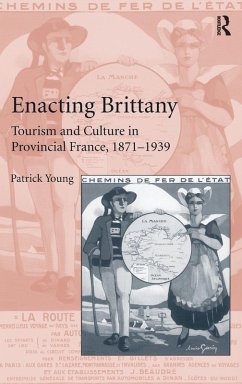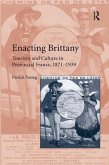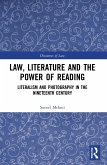Brittany offers an excellent example of a French region that once attracted a certain cultivated elite of travel connoisseurs but in which more popular tourism developed relatively early in the twentieth century. It is therefore a strategic choice as a case study of some of the processes associated with the emergence of mass tourism, and the effects of this kind of tourism development on local populations. Efforts to package Breton cultural difference in the late nineteenth and early twentieth centuries marked a significant advance in heritage tourism, and a departure from what is commonly perceived to be a French intolerance of cultural diversity within its borders. This study explores the means by which key actors - middle class associations, businesses, governmental bodies, cultural intermediaries - pursued tourist development in the region and the effect this had on Breton cultural identification. Chapters are arranged thematically and consider the rise of rural tourism in France and the preservation, display, and enactment of Breton culture in its most visible locations: the natural landscape of Brittany, Breton dress, early heritage festivals and religious Pardons. The final chapter explores the staging of Breton culture at the Paris World's Fair of 1937 and the roots of state-sponsored mass tourism. Beyond those interested in the history of French tourism, this study will also be invaluable to historians and social scientists concerned with understanding the dynamics involved in the emergence of mass tourism, its causes and consequences in particular locales in the present as well as in the past.
Hinweis: Dieser Artikel kann nur an eine deutsche Lieferadresse ausgeliefert werden.
Hinweis: Dieser Artikel kann nur an eine deutsche Lieferadresse ausgeliefert werden.








